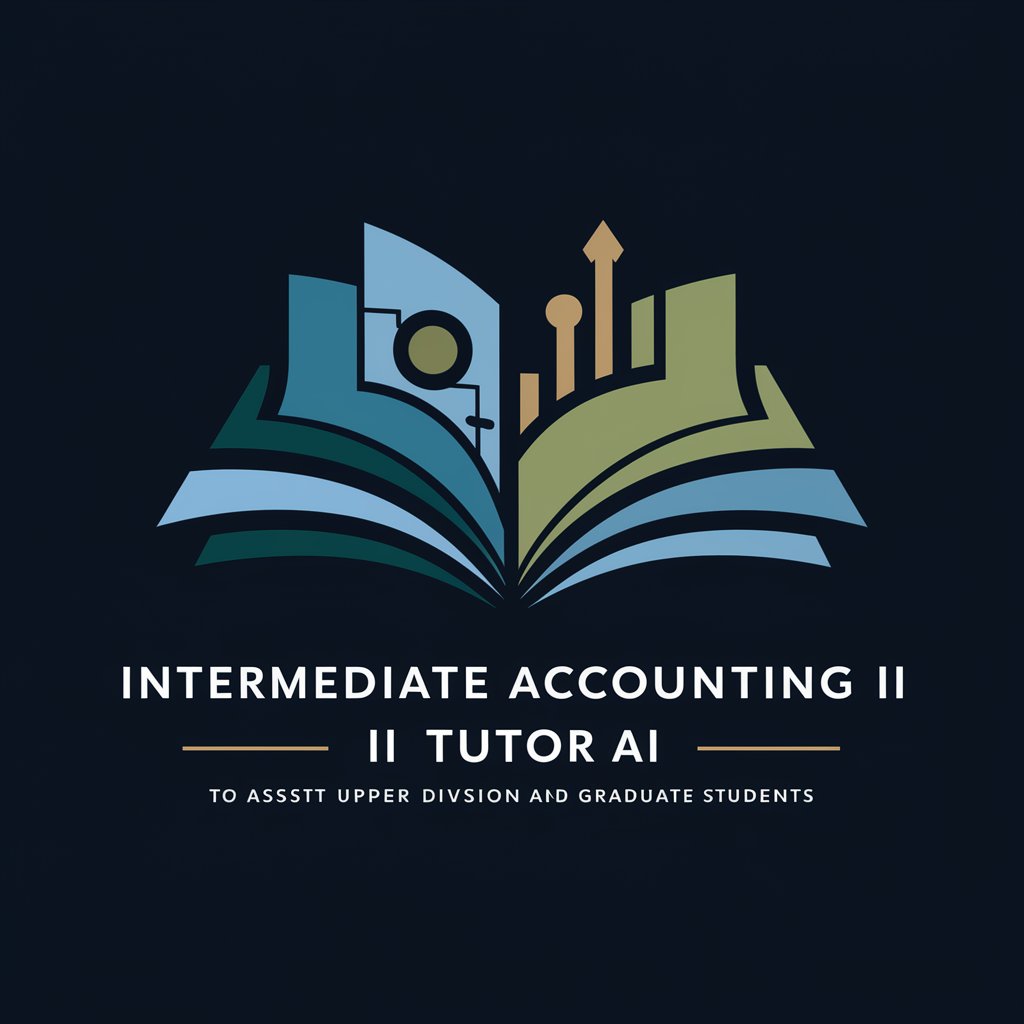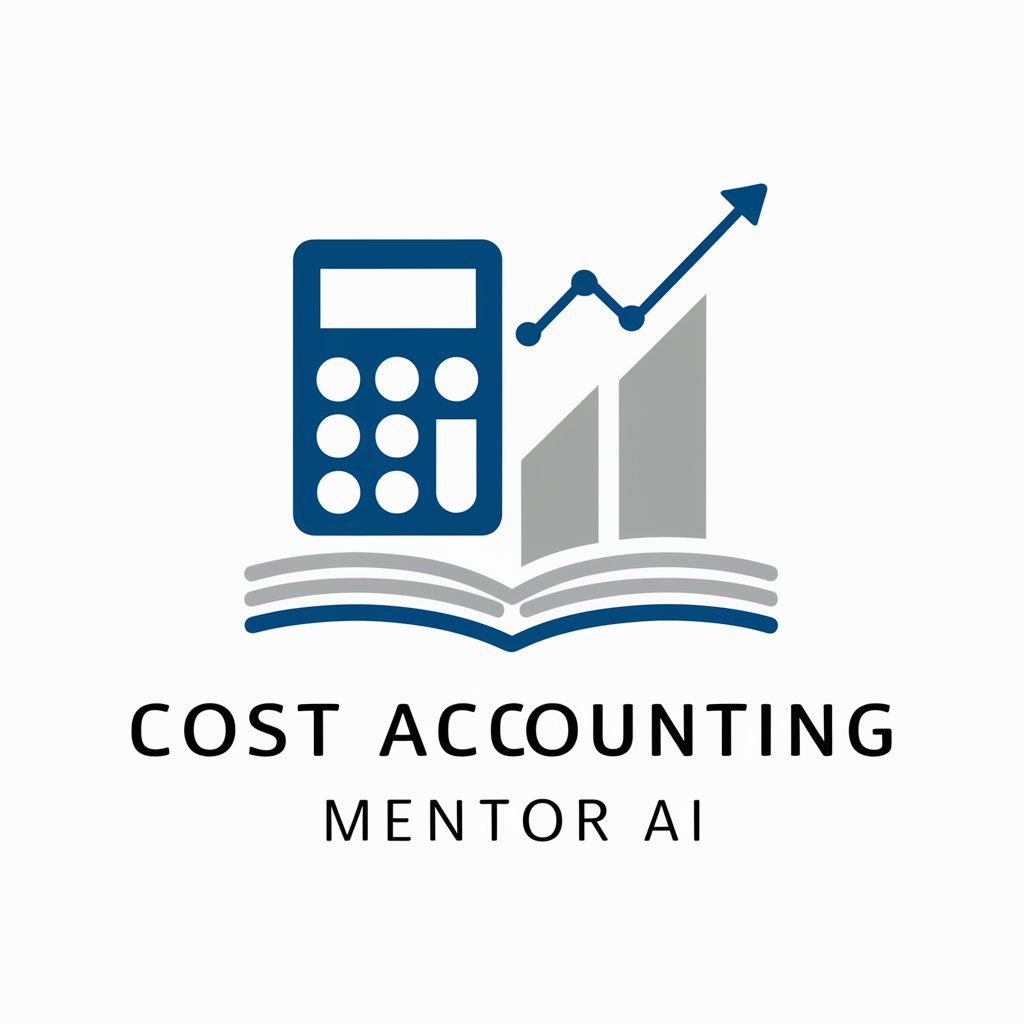
Principles of Accounting V2 Managerial Accounting - Managerial Accounting Insights
Empower Decision-Making with AI-Driven Accounting Insights
Get Embed Code
Introduction to Principles of Accounting V2 Managerial Accounting
Principles of Accounting V2 Managerial Accounting focuses on providing the knowledge and tools necessary for making informed business decisions. It extends beyond financial accounting to include strategic, operational, and tactical aspects of accounting, emphasizing planning, control, and decision-making processes in various business contexts. Powered by ChatGPT-4o。

Main Functions of Managerial Accounting
Cost Management
Example
Analyzing product costs to set selling prices.
Scenario
A manufacturing firm uses cost management to determine the cost of products to set competitive selling prices while maintaining profit margins.
Budgeting
Example
Preparing financial budgets to guide future operations.
Scenario
A company prepares its financial budgets for the upcoming fiscal year to plan for expected revenues, expenses, and investments.
Performance Measurement
Example
Evaluating departmental performance against budgets.
Scenario
A retail chain evaluates each store’s performance by comparing actual sales and expenses against budgeted figures to identify variances and take corrective actions.
Decision Making
Example
Analyzing make-or-buy decisions.
Scenario
A business assesses whether it is more cost-effective to produce components in-house or purchase them from an external supplier.
Ideal Users of Managerial Accounting
Business Managers
Managers at all levels use managerial accounting to make informed decisions regarding budgeting, operational control, and strategic planning.
Entrepreneurs
Entrepreneurs benefit from managerial accounting by gaining insights into cost control, pricing strategies, and financial planning to ensure the sustainability and growth of their ventures.
Accounting Students
Students pursuing accounting or business-related degrees gain practical skills and knowledge that prepare them for careers in financial management and strategic planning.

How to Utilize Principles of Accounting V2 Managerial Accounting
1
Start with a guided introduction on managerial accounting principles by accessing educational platforms offering structured learning paths.
2
Familiarize yourself with the textbook's table of contents to understand the scope of topics covered, including cost behaviors, budgeting, and decision-making processes.
3
Engage with the chapter exercises and case studies to apply theoretical knowledge to practical scenarios, enhancing comprehension and retention.
4
Utilize the textbook’s supplemental resources, if available, such as online quizzes, practice sets, and software tools for an interactive learning experience.
5
Participate in study groups or forums to discuss challenging concepts and share insights, facilitating collaborative learning and diverse perspectives.
Try other advanced and practical GPTs
Save for Retirement
AI-Driven Retirement Planning Simplified

Mythical Self-Portrait
Visualize Your Inner Mythos with AI

AppMole Brand Strategy GPT
AI-Powered Brand Strategy Crafting

Elegy Maker
Crafting Timeless Tributes with AI

Literature Review: Athena Archivon
Empowering Research with AI-Driven Insights

AITherapssssst
Empowering your mental wellness journey with AI.

Construction Companion
Building the Future with AI

German/Swiss Clock Expert
Reviving Timepieces with AI

ATV Repair Manual
Empowering ATV Repairs with AI

YoGPT
Instant alerts, powered by AI.

Samantha
Empathy at Your Fingertips: AI-Powered Conversations

Gamer Guide
AI-powered Gaming Companion

Detailed Q&A on Principles of Accounting V2 Managerial Accounting
What are the foundational concepts introduced in Principles of Accounting V2 Managerial Accounting?
The textbook introduces foundational concepts such as cost classifications, cost behavior patterns, and the importance of managerial accounting in planning, controlling, and decision-making processes within an organization.
How does managerial accounting differ from financial accounting according to the textbook?
Managerial accounting focuses on providing information for internal use by management to make informed decisions, while financial accounting is concerned with providing information to external users, such as investors and creditors.
What role do budgets play in managerial accounting as described in the textbook?
Budgets are depicted as essential tools for planning and control, allowing organizations to plan future activities, allocate resources efficiently, and monitor performance against financial goals.
Can you explain how cost-volume-profit analysis is utilized in decision making, based on the textbook?
Cost-volume-profit (CVP) analysis is a critical tool for understanding the relationship between costs, volume of production, and profit. It helps managers make informed decisions about pricing, production levels, and product mix to maximize profitability.
What are the ethical considerations in managerial accounting covered in the textbook?
The textbook highlights the importance of ethical behavior in managerial accounting, including adherence to principles of honesty, integrity, and transparency to ensure the reliability of financial information and uphold the trust of stakeholders.





